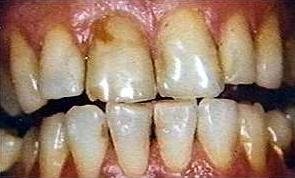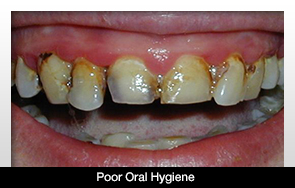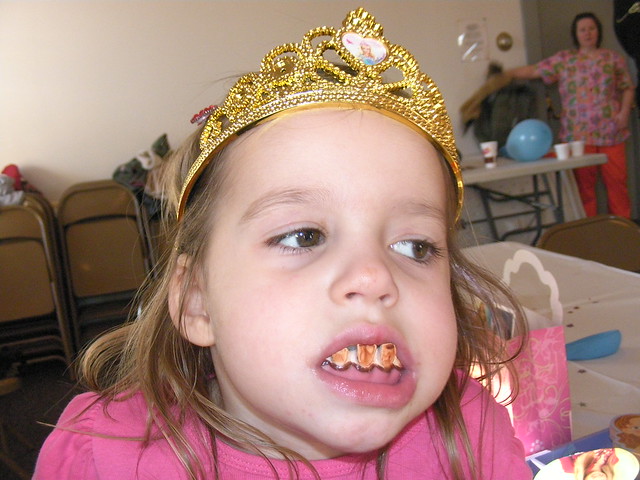The best way to prevent serious health issues caused by bad oral health is to practice good oral hygiene and schedule regular visits with your Las Vegas dentist. To practice good oral hygiene: Brush the teeth and gums for two minutes at least twice a day.
Oral hygiene is the practice of keeping one’s mouth clean and free of disease and other problems (e.g. bad breath) by regular brushing of the teeth (dental hygiene) and cleaning between the teeth. It is important that oral hygiene be carried out on a regular basis to enable prevention of dental disease and bad breath.
Poor hygiene can be a sign of self-neglect, which is the inability or unwillingness to attend to one’s personal needs. Poor hygiene often accompanies certain mental or emotional disorders , including severe depression and psychotic disorders .
How can the answer be improved?



Oral Health and Other Conditions The impact of oral health on the body is a relatively new area of study. Some other mouth-body connections under current investigation include:

Dec 20, 2017 · Learn how you can assess your own teeth and gums to make sure you have good oral. What is good oral hygiene? Learn how you can assess your own teeth and gums to make sure you have good oral. or you are experiencing persistent bad breath, see your dentist. Any of these conditions may indicate a problem.


Oct 24, 2018 · Prevent and control oral and craniofacial diseases, conditions, and injuries, and improve access to preventive services and dental care. The significant improvement in the oral health of Americans over the past 50 years is a public health success story. Most of the gains are a result of effective
Poor oral hygiene may not be something that you think about on a regular basis, but it should be. Not taking good care of your teeth and your gums can put you at serious risks for serious diseases and conditions that at times can be potentially fatal.
Encourage your family to practice good oral hygiene by brushing after every meal with a fluoride toothpaste, flossing daily and using a mouth rinse to kill bacteria. You should also visit a dental professional regularly for cleanings and the prevention and treatment of cavities.

However, without proper oral hygiene, bacteria can reach levels that might lead to oral infections, such as tooth decay and gum disease. In addition, certain medications — such as decongestants, antihistamines, painkillers, diuretics and antidepressants — can reduce saliva flow.


